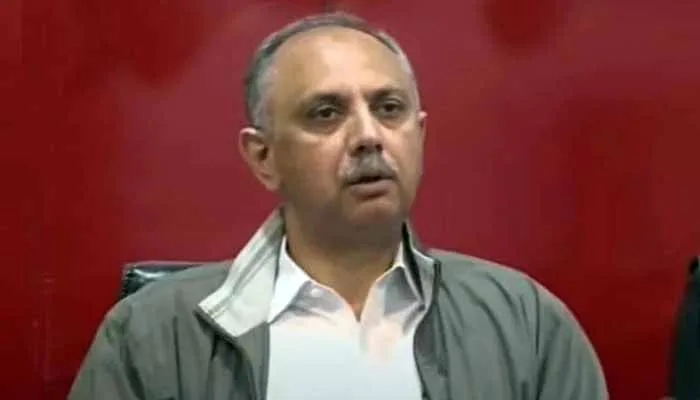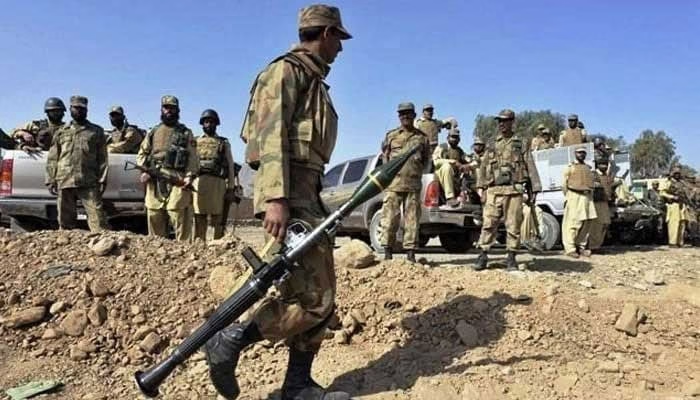Umar Ayub, the Leader of the Opposition in the National Assembly, has expressed deep concern over China’s recent security warnings regarding Pakistan. In a public statement, Ayub questioned the effectiveness of the country’s intelligence apparatus and emphasized the need for collective action to safeguard Pakistan’s integrity.
Security Concerns and Intelligence Failures
Umar Ayub highlighted the seriousness of China’s security concerns, describing them as troubling for Pakistan. He questioned the failures of the intelligence agencies, asking who would be held accountable for these lapses. “Everyone must work together for the integrity of Pakistan,” Ayub stated, calling for a unified approach to address these security challenges.
China’s concerns are particularly significant given the importance of the China-Pakistan Economic Corridor (CPEC), a major infrastructure project that is crucial for Pakistan’s economic development. Ayub underscored the need to address these security issues promptly to ensure the continued success of CPEC.
Criticism of NAB and Corruption Cases
Ayub also turned his attention to the National Accountability Bureau (NAB), criticizing the bureau for its handling of high-profile corruption cases. He accused NAB of closing or settling half of the 179 mega corruption cases, which he claimed benefited political figures such as Nawaz Sharif, Shehbaz Sharif, Asif Zardari, and their associates.
“The NAB rules have specially designated individuals like Asif Zardari, Faryal Talpur, Nawaz Sharif, Shehbaz Sharif, Hassan Nawaz, Hussain Nawaz, and Sharjeel Memon for dry cleaning,” Ayub alleged. He suggested that changes in NAB regulations were made to facilitate these settlements, effectively shielding these prominent figures from accountability.
Political Persecution of PTI Members
Ayub also condemned the government’s actions against members of the Pakistan Tehreek-e-Insaf (PTI). He claimed that cases were being filed against PTI members of the National Assembly and its workers, describing these actions as politically motivated. This, he argued, was part of a broader strategy to undermine the opposition and distract from the government’s own failings.
The Importance of CPEC
Reiterating the importance of CPEC, Ayub stressed that the project is vital for Pakistan’s economic growth and development. The corridor not only promises significant economic benefits but also symbolizes the strong strategic partnership between Pakistan and China. Ensuring the security of Chinese investments and personnel in Pakistan is therefore crucial.
China’s concerns over security issues must be taken seriously, Ayub argued, as any disruption in CPEC could have far-reaching consequences for Pakistan’s economy and its international relations. He called for immediate measures to address these security concerns, including a thorough review and strengthening of intelligence operations.
Call for Unity and Action
Umar Ayub concluded his statement by calling for unity among all political factions and institutions in Pakistan. He emphasized that safeguarding national security and addressing corruption should be collective goals that transcend political divides. “Everyone must work together for the integrity of Pakistan,” he reiterated, urging a bipartisan approach to tackle these critical issues.
Ayub’s remarks reflect growing unease about the state of governance and accountability in Pakistan. His call for action underscores the urgent need for reforms in both the security and judicial sectors to restore public confidence and ensure the country’s stability and prosperity.
Umar Ayub’s concerns highlight critical challenges facing Pakistan today. From addressing the serious security warnings issued by China to tackling deep-rooted corruption and ensuring fair political processes, the opposition leader’s statement calls for urgent and collective action. As Pakistan navigates these complex issues, the need for effective governance, robust intelligence, and an unwavering commitment to justice remains paramount. Ayub’s call for unity and reform serves as a reminder that the path to national integrity and prosperity requires concerted efforts from all sectors of society.



